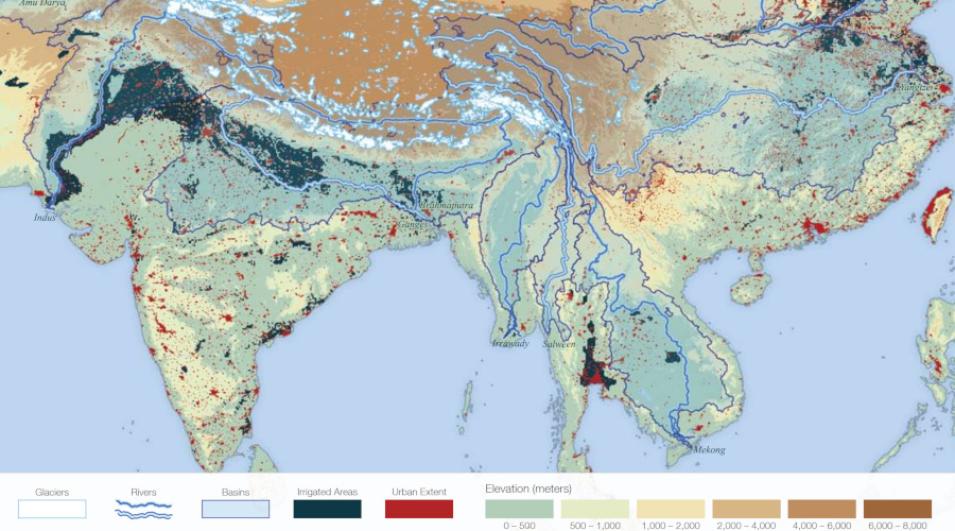To support decision-making that addresses environmental justice, data and tools must follow the open science principles of being Findable, Interoperable, Accessible, and Reproducible (FAIR). Natural hazards such as flooding present risks to people and infrastructure that are more pronounced in socially vulnerable communities. Climate change is not only changing the location, frequency, and severity of hazards such as flooding, but also the requirements for infrastructure to be resilient now and in the future.
Geographic information systems (GIS) databases track exposure on a wide variety of scales, formats, and levels of detail. Combining these databases to assess exposed populations and infrastructure, however, presents methodological and technical challenges. This webinar presents resources that are freely available from NASA's Socioeconomic Data and Applications Center (SEDAC) that can be used to enhance decision support and public awareness around these important issues.
